Undergraduate Courses - Fall 2024
Click the course titles for full descriptions

ARH 3473–01 Introduction to Modern and Contemporary Art – Dr. Tenley Bick
T/R 1:20–2:35 pm, WJB G40
World Arts. What is modern art? When (and where) is the contemporary? This course introduces students to modern and contemporary art as subjects of art historical study. The course addresses major and anti-canonical topics, debates, and movements in the historically Eurocentric and now revisionist, decolonial discourse on modern and contemporary art in international and global contexts. Dominant histories focused on the U.S. and Western Europe will be questioned and expanded through examination of international and transnational movements, as well as discussion of art historiography, cultural geopolitics, and field-changing theory and methods that coincide with the period of study. Topics include, among others: theories of modernism and modernity; histories of the avant-garde; and re-conceptualizations of artistic practice and authorship, including photography and moving-image work, the found object, participatory art, social practice, installation, performance art, conceptualism, and digital art. No prerequisites. Graduate auditors permitted.
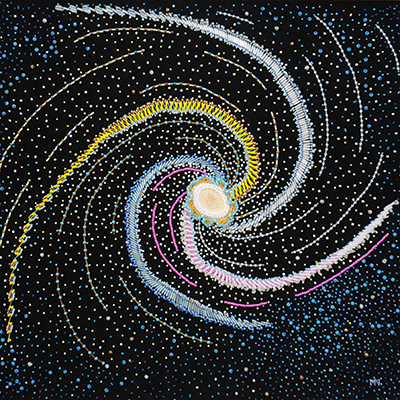
ARH 3930–02 Introduction to Native American & Indigenous Art and Culture – Dr. Kristin Dowell
TR 9:45–11:00 am, WJB G40
World Arts. An introduction to the range of artistic practices within Native American cultures throughout North America. We explore customary artistic practices as well as continuities between these ancestral practices and contemporary Native American art today. Connections between Native American and global Indigenous art practices will be examined along with Indigenous art historical research methodologies.
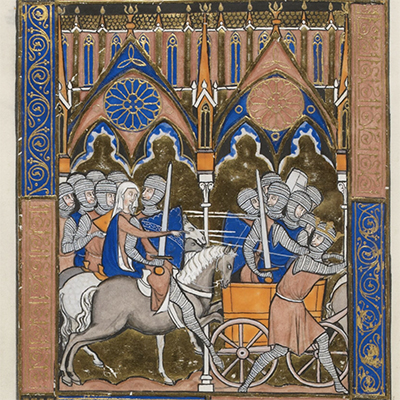
ARH 3930–03 Introduction to Medieval Art – Dr. Erika Loic
T/R 3:05–4:20 pm, WJB G040
World Arts. This survey of medieval art and architecture introduces students to some of the major cultural and sociopolitical changes that took place across Afro-Eurasia in the fourth through fifteenth centuries. Topics of special interest include migration, religious iconography, debates on figuration, pilgrimage, monasticism, imperial imagery, and cultural exchange. Prerequisite: ARH 2050.
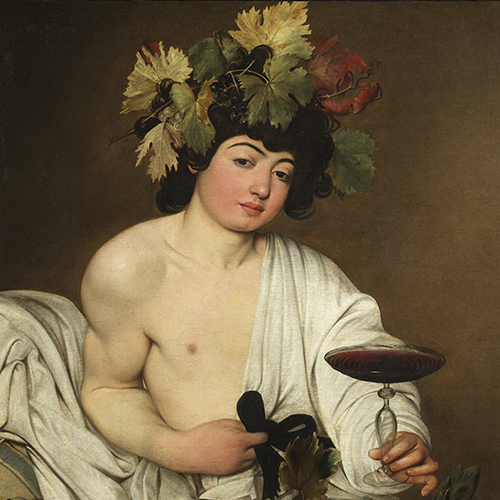
ARH 4352–01 Southern Baroque Art – Dr. Robert Neuman
T/R 1:20–2:35 pm, WJB 2041
This course investigates painting, sculpture, and architecture in Italy and Spain during the 17th century, stressing the theatrical, ecstatic, and virtuoso character of works produced for royalty, the Church, and the rising middle class by such masters as Caravaggio, Bernini, and Velázquez.
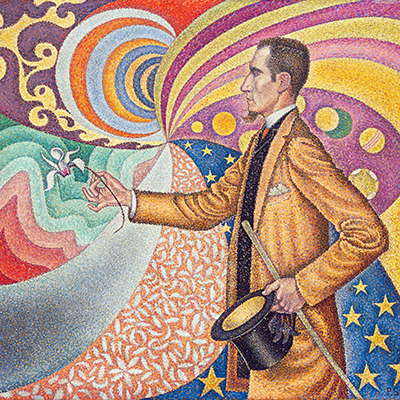
ARH 4414–01 Modern European Art: Neoclassicism through Impressionism – Dr. Adam Jolles
T/R 11:35 am–12:50 pm, WJB G40
This course treats European art from 1780–1880, concentrating on the evolving dialogue between academic and anti-academic practices through an investigation of the relationship between theory, criticism, and techniques of representation. Topics of inquiry include: David and Neo-classicism; British landscape painting; Delacroix and French Romanticism; Courbet’s Realism and Manet’s Naturalism; and French Impressionism. Prerequisite: ARH 2051 or instructor permission.

ARH 4793–01 Cultural Heritage – Dr. Brendan Weaver
M/W 9:20–10:35 am, WJB G41
World Arts. This undergraduate course introduces key issues, concepts, and practices in the field of cultural heritage studies, including such topics as tangible and intangible cultural heritage, authenticity and identity, the impact of development and conflict, and the role of policy, public opinion, ethics, and tourism in the protection and interpretation of cultural heritage.
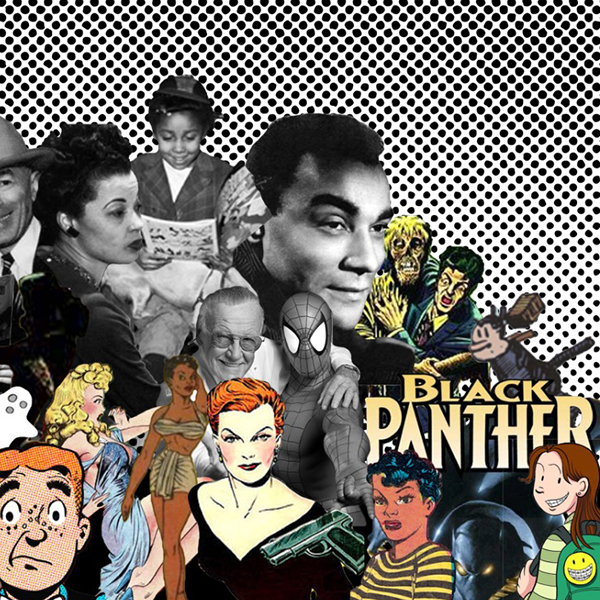
ARH 4933–02 History of American Comics – Dr. Mora Beauchamp-Byrd
M/W 10:40–11:55 am, WJB G40
This course provides an introduction to a cultural history of American comics, examining a broad range of comic forms, including animation, comic books, graphic novels, newspaper comic strips, and webcomics. Course participants will gain a greater understanding of technical language and theoretical approaches for analyzing comics, including interdisciplinary methods drawn from art history, film studies, literature, psychoanalysis, and race and gender studies, for example. Topics covered include: genre studies that investigate detective, science fiction, and superhero comics; the 1954 Comics Code and other issues of comics censorship; and translations of comic forms into film and TV series such as Black Panther, Spider-Man: Into the Spider-Verse, The Umbrella Academy, and The Walking Dead. This course will also discuss key figures like George Herriman, whose Krazy Kat strip brought unprecedented conceptual and stylistic innovation to early 20th c. newspapers; pioneering cartoonist Jackie Ormes, who developed the celebrated Torchy in Heartbeats and other comic strips for African American newspapers from the late 1930s through the mid-1950s; and Reina Telgemeier, whose Smile (2010), an award-winning autobiographical graphic novel, was based on an earlier webcomic series.
Undergraduate Seminars
Seminars are the capstone courses for the Art History undergraduate curriculum. They are research- and writing-intensive courses that give students opportunities to pursue original scholarship. Two seminars are required for the major.
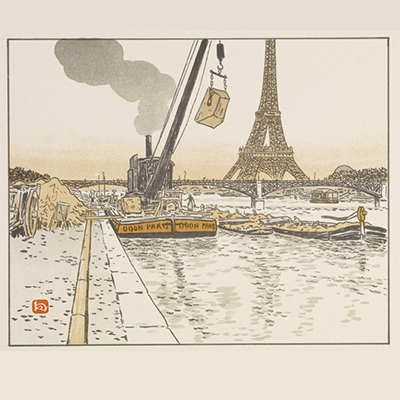
ARH 4800-01 Social Life of Art Objects
– Dr. Kyle Killian
Fridays 9:20–11:50 am, WJB G41
Meets Liberal Studies Scholarship-in-Practice and Upper-Division Writing requirements. If a work of art or architecture exists in the present for us to see, then it has had a long and varied life. By considering that life we confront many points of contact between a work of art and the worlds in which it has existed that are not related to its status as art. Yet art retains a particular power as an agent in the changing social networks of which it has been a part. Museum and heritage studies ,the ability of works of art to shape, not just represent, their social contexts, and their role as components of economic systems will among the perspectives we will consider in this seminar.
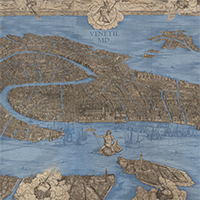
ARH 4800-02 Early Modern Prints – Dr. Stephanie Leitch
Mondays 12:00–2:30 pm, WJB G41
Meets Liberal Studies Scholarship-in-Practice and Upper-Division Writing requirements. This course will examine some of the issues at stake in the study of prints, such as circulating fake news, early modern prints that inspired today’s social media (Facebook and selfies!), fixing categories of peoples and animals, practices of copying, centers of production, modes of collecting, the print as a work of art, and other instances of reception.
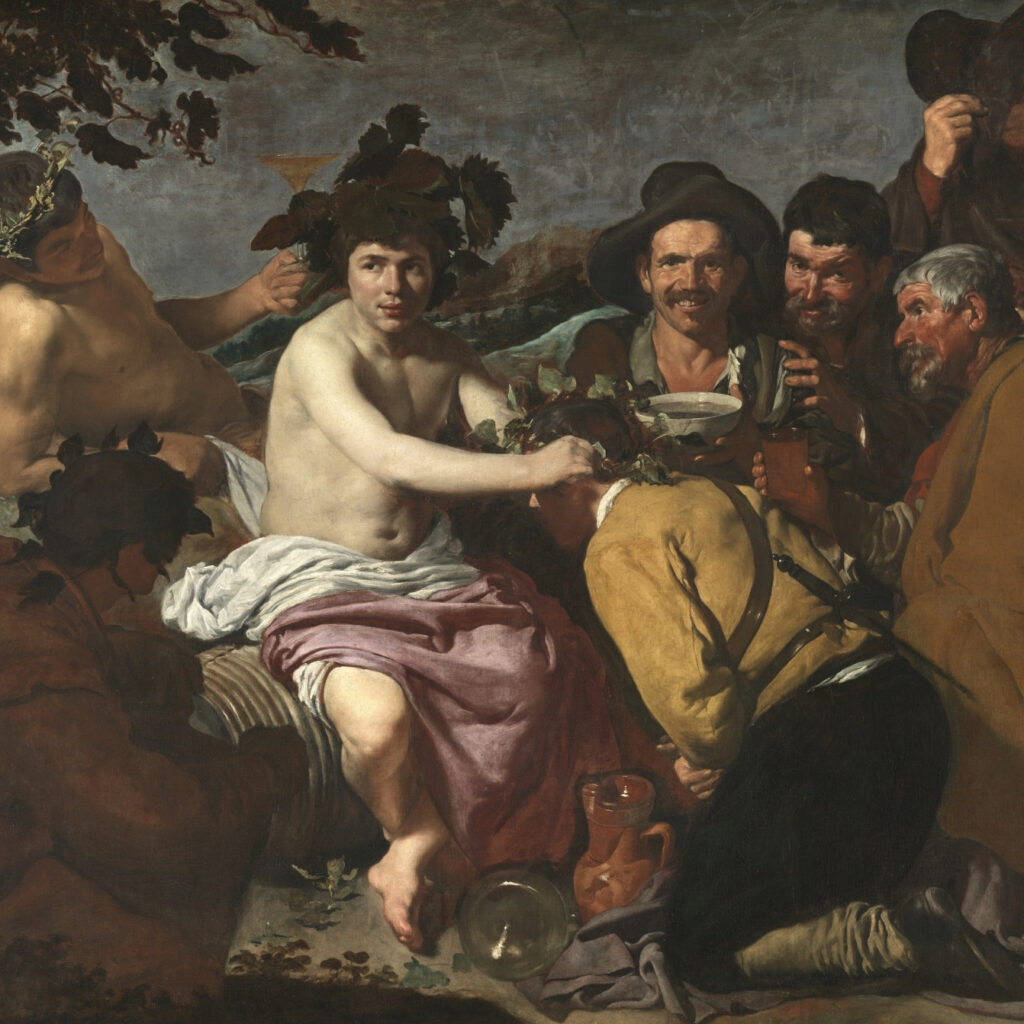
ARH 4800–03 Spanish Golden Age – Dr. Lorenzo Pericolo
Thursdays 4:50–7:20 pm, WJB G41
This course will explore the rich production of painting and sculpture in late sixteenth- and seventeenth-century Spain. The work of canonical painters such as El Greco, Diego Velázquez, Francisco de Zurbarán, and Bartolomé Esteban Murillo, will be the object of study. The course will discuss the importance and complexity of certain artistic genres: still-life (bodegón), court portrait, and polychrome devotional sculpture. Emphasis will also lie on the representation of outcasts and children. The course will also focus on the court of the Spanish King Philip IV (r. 1621–1665).
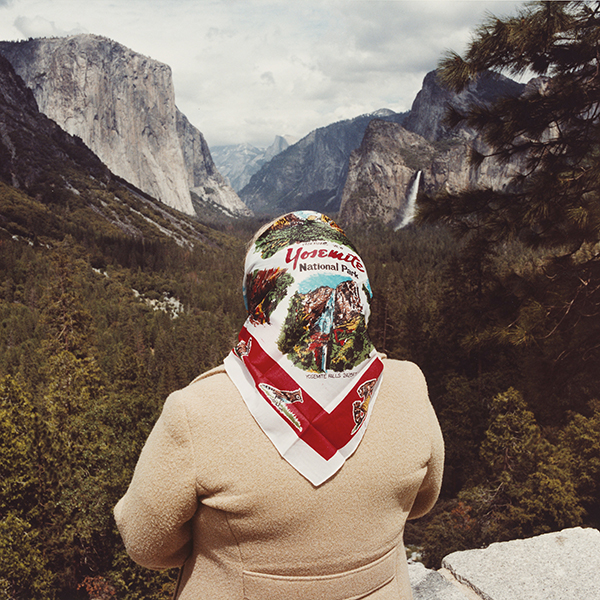
ARH 4800–04 Photography since 1960
Dr. Adam Jolles – Dr. Adam Jolles
Wednesdays 12:00–2:30 pm, WJB 2038
Recurring Foundation Courses
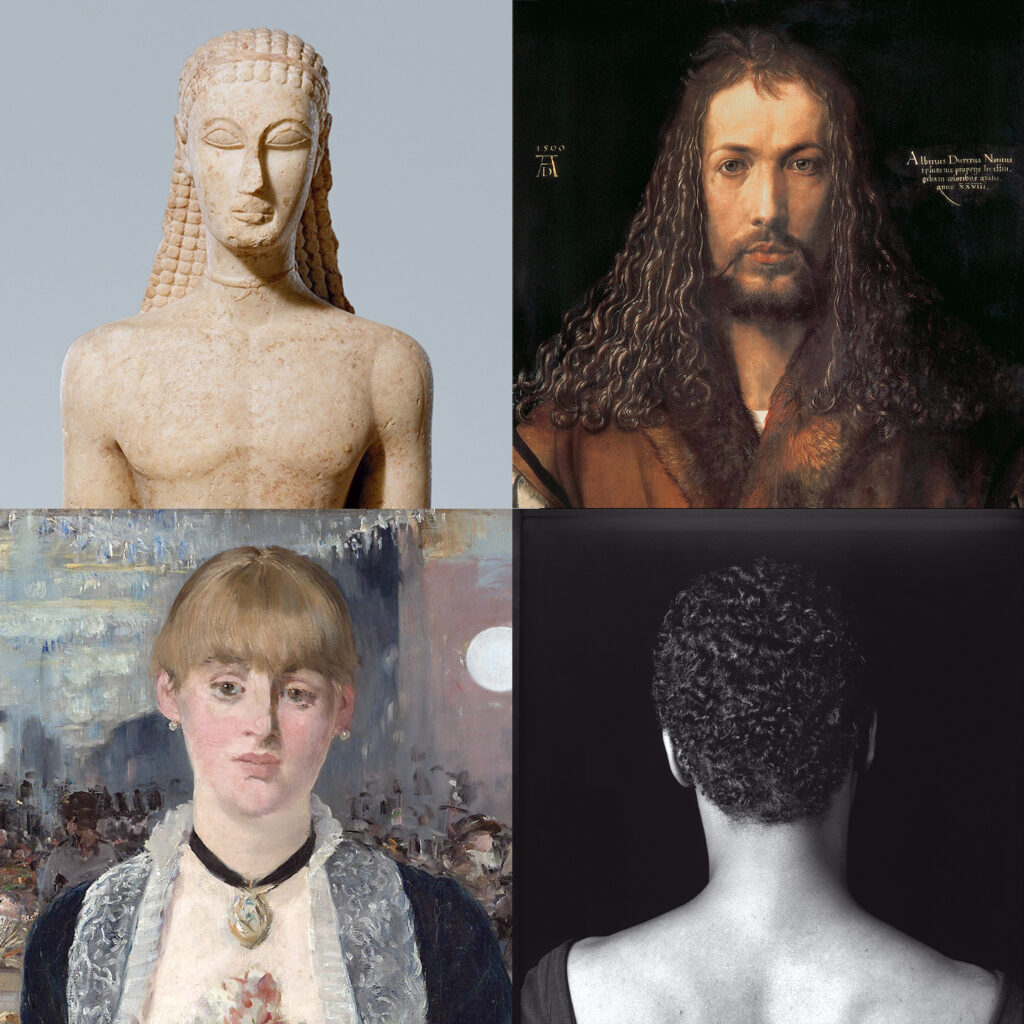
ARH 2050/2051 Art History Surveys
Required for Art History majors
Sections and times vary; see Student Central Course Search.
| These foundation courses introduce students to the discipline of art history through a survey of canonical and anti-canonical narratives of the history of art (ARH2050: prehistoric to late-Medieval periods; ARH2051: early Renaissance through global contemporary art). While the courses are organized chronologically, they are also unified by the theme of “encounters,” broadly conceived to address a wide range of unexpected meetings, confrontations, and points of exchange between two distinct entities—artistic, cultural, ideological, and more. Encounters may therefore include meetings of different artistic movements, cultural traditions, and belief systems, among other subjects. The courses address select works of art and creative expression from across history that offer students an opportunity for close object-focused study and skills development that are foundational to the discipline. The courses also teach students to build critical thinking and aptitude through discussion of the overarching course theme in a variety of contexts. |
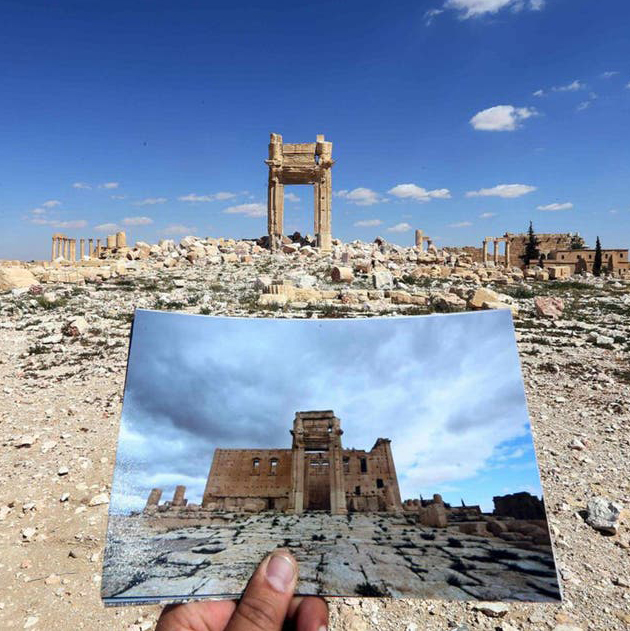
ARH 2814 Cultural Heritage in the Digital Age – Leah Sherman
Online / Asynchronous
Liberal Studies Designations: Scholarship-in-Practice, Computer Competency/Digital Literacy. This course introduces students to digital literacy through the lens of cultural heritage. The curriculum of this course includes readings, hands-on activities, discussion posts, quizzes, current events, and a significant final project geared toward the issues and practices of cultural heritage within today’s digital world. This is an online, asynchronous course where students will learn first-hand that digital literacy is not a skillset limited to one field of study or career path alone, and they will find that by gaining new competencies in this arena that they can participate in and help to shape a discourse reaching far beyond their own time and place. Cultural heritage is similarly not limited to one discipline or one culture, and it is not a historical topic – the currency and global nature of cultural heritage are two themes we will continuously see throughout the semester.
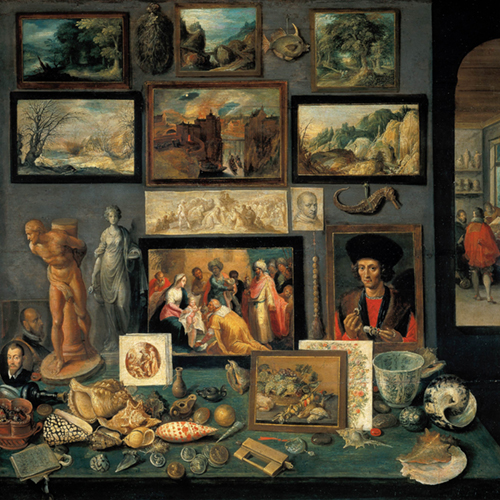
ARH 3794–01 Museum Basics – Dr. Carey Fee
Friday 9:20–11:50 am WJB 2040
Reserved for students in the Museum Studies Minor
From cabinets of curiosities to virtual museums, this course addresses museum history, philosophy, practice and careers. Through readings, discussions, guest lectures, field trips to local museums and a number of short topical projects, students will develop a framework for understanding the role of today’s museums. They will also be prepared to evaluate the major issues facing museum professionals today.
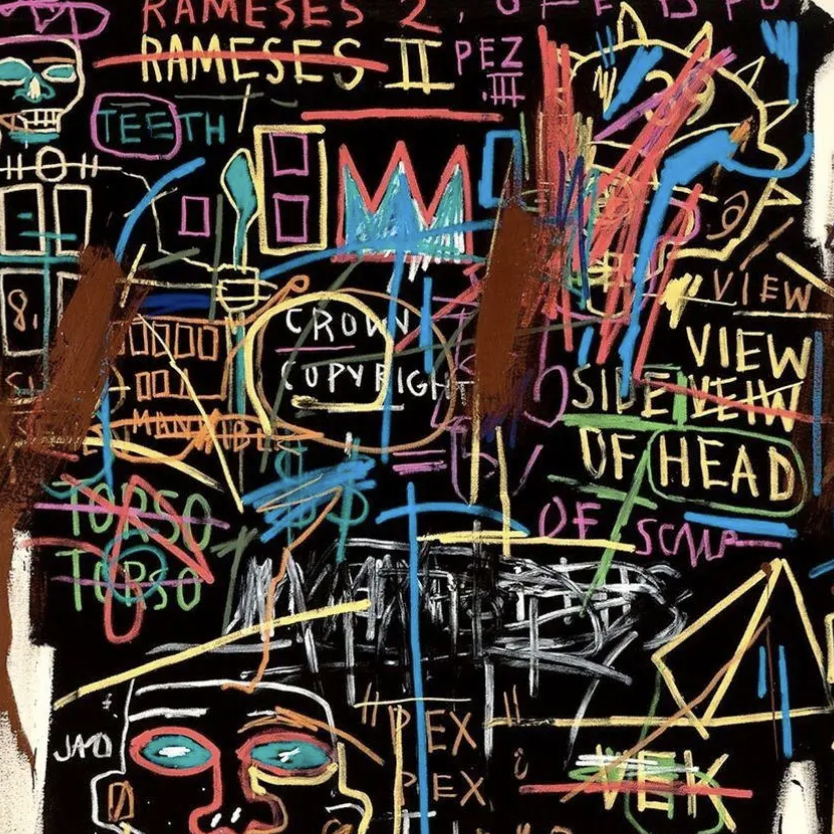
ARH 2030 Reading & Writing in Art History – Dr. Lynn Jones
M/W 3:05–4:20 pm, WJB 2041
This course is a foundation-level, practicum-style class focusing on reading and writing art history as a discipline of study. It is intended for undergraduate students interested in pursuing art history as a major, minor, or track within the Humanities major.It should be taken early in study. Students will develop the ability to read and critique writing about art and execute competent writing in multiple formats. Classes include discussion, group work, structured writing activities, peer review workshops, and lectures. The course is based on the conviction that to write well in the discipline one must be able to read critically and effectively. Prerequisite: ARH 2050 or ARH 2051
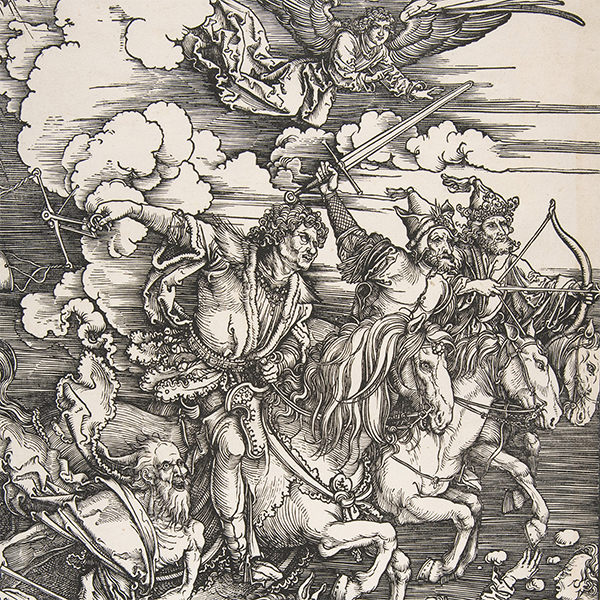
IDS 3678-01 Apocalypse: The End of the World in Art
– Dr. Richard Emmerson
Online / Asynchronous
|
Liberal Studies Designations: Humanities and Cultural Practice, Upper-Division Writing
NOTE: Does not count toward the Art History major. This course studies beliefs about how the world will end and how the end is represented in the arts from the Bible to the present. We will analyze how such beliefs influenced history, continue to inform contemporary politics, and are being transformed by fears of nuclear war and environmental disaster. |

ARH 2000 Art, Architecture, and Artistic Vision – Dr. Sarah Buck
Online / Asynchronous
Liberal Studies Designation: State-Wide; Humanities & Cultural Practice Core
NOTE: Does not count toward the Art History major.
ARH 2000 is a fully-online art-appreciation course that introduces students to diverse forms of art and architecture created throughout history. Designed for remote learning since 2014, ARH 2000 is organized into weekly thematic modules that conclude with interactive assignments and discussions designed to encourage learning through role-playing, reflecting, and creating (no artistic skill necessary!). By completing this course’s interactive assignments and participating in this class, students actively practice thinking about art and its relevance to the world in which we live.